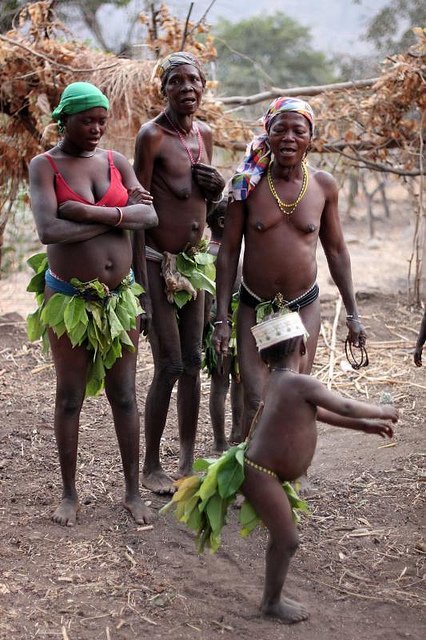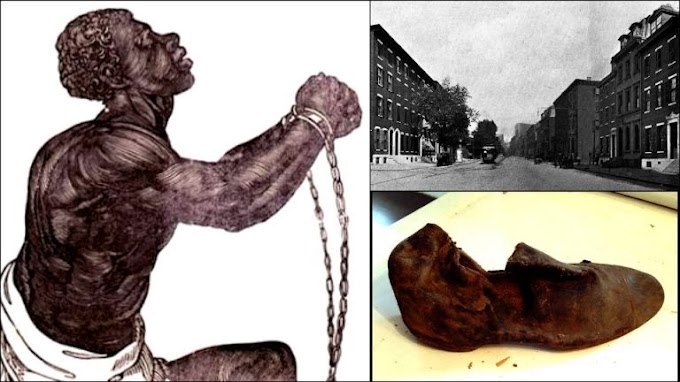Oruko Amutorunwa (Pre-Destined Names) In Yorubaland
Admin
June 30, 2022
In Yoruba land, one of the most important things done when a child is born is to give the child a name. This comes after the child’s ritual birth, massage of specific body parts and other rites as well. Names are given to the child by the father, mother, grandparents (paternal and maternal) and some close relatives also. But sometimes, the circumstance of a child’s birth will automatically give the child a name. This name is known as ‘orúko àmútọ̀runwá’ (pre-destined or generic name) in Yorubaland.
The most common generic names (orúko àmútọ̀runwá) in Yoruba land are ‘Taiwo‘ and ‘Kehinde‘ (altogether known as Ìbejì) which are given to twins. The first born of the twins is called Táíwò, a shortened form of Tò-aiyé-wò (taste the world) while the last born of the twins is called Kéhìndé which literally means “the last to come”. Contrary to the popular belief that Taiwo, being the first born of the twins, is older than Kehinde, it is said by Yoruba elders that Kehinde is older than Taiwo because Taiwo was sent by Kehinde to have a taste of the world and announce his coming as well. The child, whether male or female, born after the twins is called Idowu. The Idowu is known to be stubborn and troublesome, and is therefore regarded as “Eshu lehin Ibeji” (the devil after twins). The Yoruba people believe, though not strongly, that if the mother of a twins should fail to give birth to another child after the twins i.e. Idowu, she is likely to run mad because the spirit of the stubborn Idowu will fly into her head and make her go insane. The child born after Idowu is called Idogbe (if male) and Alaba (if female). In some cases where triplets are born, they are named Taiwo, Kehinde and Èta ọkọ̀ respectively.
Apart from the twins series, other children born in Yoruba land in peculiar circumstances or ways are given pre-destined names too. They are as follows:
* Ilori– This is a child born during the absence of menstruation;
* Ojo and Aina– This is a child born with the umbilical cord twisted round his/her neck. If this kind of child is male, he is named Ojo, and if female, Aina;
* Dada– This is a child born with long, thick and curly hair which is not to be cut at anytime. Dada is also called Dada awuru or olowo ori and are known to be strong and stubborn;
* Oke– This is a child born with unrupted membranes all over his/her body;
* Olugbodi– This is a child born with supernumerary digits (six fingers);
* Ige– This is a child born with breech or footing presentation i.e. the child came out of the womb with the legs first;
* Omope– This is a child born later than the normal period of utero-gestation;
* Ajayi– This is a child born with face downwards. This child is also called Ogidi olu;
* Salako (male) or Talabi (female) – This is a child born with his/her body covered in rupted membranes;
* Abiona– This is a child born on a pathway usually when the mother is away from home or on a journey;
* Abiodun– This is a child born in festive periods;
* Jo‘hojo– This is a child whose mother died during labour;
* Babatunde– This is a male child born shortly after the death of his grandfather. It is believed the grandfather reincarnated. Babatunde literally mean ‘father has come again’;
* Yetunde– This is a female child born shortly after the death of her grandmother. Yetunde means ‘mother has come again;
* Babarimisa– This is a child whose father fled at his/her birth.
* Oni– This is a neurotic child who at his/her birth cries all day and night
It is important to note that having a pre-destined name does not mean that a child cannot have other names. A child can be given as many names as possible, but in most Yoruba families, the pre-destined (oruko amutorunwa) stands as the first name of the child.
Reference-
* Samuel Johnson; The history of the Yorubas, Lagos, CSS Limited; 1921; pg. 80-81
kindly join the thread by dropping your generic name in the comment box below. Thanks!
Kindly Share Our Post, Thank you.
Trending now

Oruko Amutorunwa (Pre-Destined Names) In Yorubaland
June 30, 2022

UNBELIEVABLE! The Tribe In Nigeria That Still Walk Naked and Why
August 03, 2022

List of Top 20 Traditional Rulers Dethroned in Nigerian History
January 23, 2023
lastest on History, Culture & Religion
5/History/post-list
subscribe on Youtube
Lastest on Black History
5/Black History/post-list
Lastest on Places, towns and Cities
5/Places/post-list
Lastest on god's and heroes
5/gods/post-list
Lastest on Historical Facts & Records
5/Facts/post-list
Follow Us on Twitter
Footer Menu Widget
Copyright © 2022 Yorubaness | All Rights Reserved.Theme






0 Comments